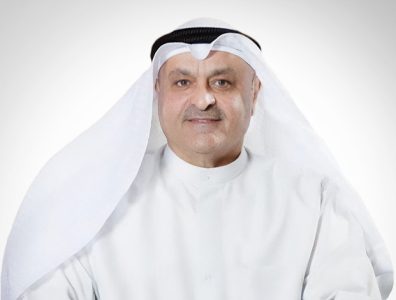
Murtaza Jariwala, CEO and managing director of Vanguard Engineering & Oilfield Services, talks to The Energy Year about the new opportunities that tariff changes have created for the company and local manufacturing in Oman. Vanguard is an Omani provider of engineering and oilfield services to the oil and gas, petrochemical and industrial sectors.
How have recent tariff changes created new opportunities for Vanguard and local manufacturing in Oman?
Oman has long had underutilised manufacturing potential, and the global tariff landscape has helped highlight that it is a viable plan B for international supply chains. Customers today want to diversify sources to avoid being dependent on a single manufacturing base. This presents a clear opportunity for Oman to serve as an alternative for US-based and other global clients. Established manufacturers in Oman, such as ourselves, would benefit directly from this shift.
After nearly two decades in operation, we are now in a position to scale up. Simultaneously, new companies entering Oman’s market contribute to job creation, value addition and economic activity. The cumulative effect benefits not just Oman but the broader region as well.
How is your international expansion evolving?
Currently, around 70% of our business is within Oman. Over the next three to five years, we aim to reduce that figure to 50% by growing internationally. Over the past five or six years, we’ve focused on exporting OEM and engineered-to-spec products from Oman. These cater to diverse clients, some requiring custom engineering, others standard OEM items.
By increasing manufacturing volume, we aim to become more cost-effective and thus add greater value as an ICV [In-Country Value] partner. While our role remains relatively small in the broader ecosystem, our model can scale. Larger companies can replicate this strategy across various product categories, from energy components to FMCG [fast-moving consumer goods], for export to North America and the region.
Adaptability is core to our survival. Covid-19 forced every business to evolve, and we used that period to restructure. Our recovery has taken five years, but we are emerging more resilient. As global opportunities expand, we are positioned to move quickly. If we don’t seize them, someone else will. That’s the mindset I instil in my team every day.
What milestones have you achieved under your 2030 plan, and what is the long-term growth strategy for Vanguard?
Our 2030 vision was originally laid out as a five-year plan from 2018 to 2024, focused on increasing our ICV contribution. We have largely met those targets. The next phase involves targeting new ICV-certified products, strengthening our business processes and continually upgrading our workforce through training. Today, training is more accessible, enabling us to build a more capable team without interrupting workflows.
Our goal is to become a global supplier of Made in Oman engineered products and services. As the energy transition unfolds, engineered components will remain essential across sectors, whether oil and gas, water treatment or renewables. The base technology may vary, but the underlying needs for treatment, processing and transport remain. We aim to collaborate with both technology developers and end-users, offering value through design and local manufacturing.
Source: Theenergyyear.com
